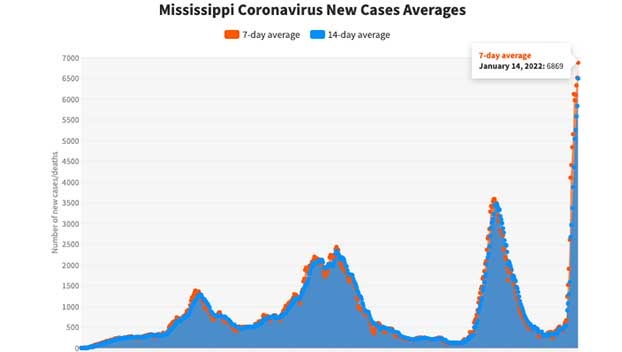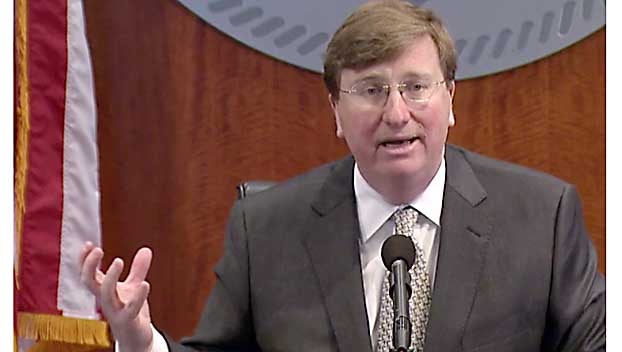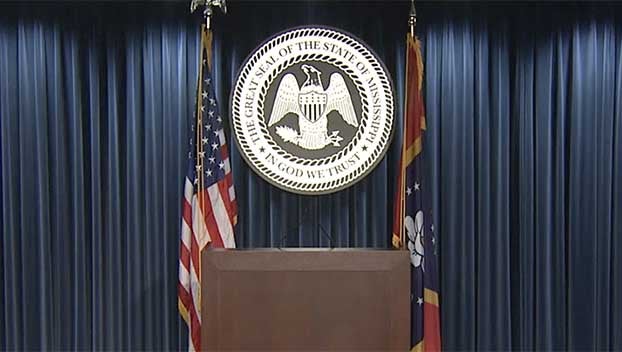Punishing false child abuse reporting in Mississippi is pointless without addressing the anonymity problem
Published 12:28 pm Thursday, January 4, 2018
The latest effort to criminalize Mississippians who knowingly report false claims of child abuse comes in the form of a bill authored by State Sen. Angela Burks Hill (R-Picayune).
If it manages to make it out of the 2018 legislative session alive (unlike similar bills that have come before it), it could mean jail time and a steep fine for those who report false claims of child abuse to Mississippi Child Protection Services—all in all a good thing to protect innocent people and punish those who intentionally abuse a system built to protect the state’s most vulnerable children.
Here’s the problem, however, and it’s a big one: When an anonymous tipster made a false report accusing me of child abuse in 2017, he wasn’t required to leave any contact information, not even for internal investigative purposes, and there was no record of the phone call’s origin.
While states can and should protect tipsters’ anonymity to encourage reporting suspected child abuse without fear of personal retribution, there should be a system in place requiring a person to leave basic contact information along with the report for follow-up purposes, or at least a change in CPS protocol as to whether they are required to pursue all investigations based on unsubstantiated tips by people who refuse to identify themselves.
In my case, all someone had to do was call a hotline number, accuse me of trying to sell my child online and hang up. That’s it. There was no initial fact-finding by CPS to determine whether resources should have been devoted to a formal investigation against me—just two case workers and a sheriff’s deputy who walked into my office one day and threw my life into the depths of hell.
The humorous part? Those case workers laughed during that first meeting, suggesting they knew the report was bogus and were just doing their jobs. The scary part? It didn’t change anything. The person who did it could do it again—anyone could. And existing policy would seemingly require CPS to launch another investigation into baseless claims.
This isn’t to say this year’s bill is a step in the wrong direction. But if all a malicious person has to do is refuse to leave a name as means of hurting an innocent family and dodging punishment in the process, I have trouble seeing how this will accomplish much for CPS or the many children in Mississippi who need their help.





